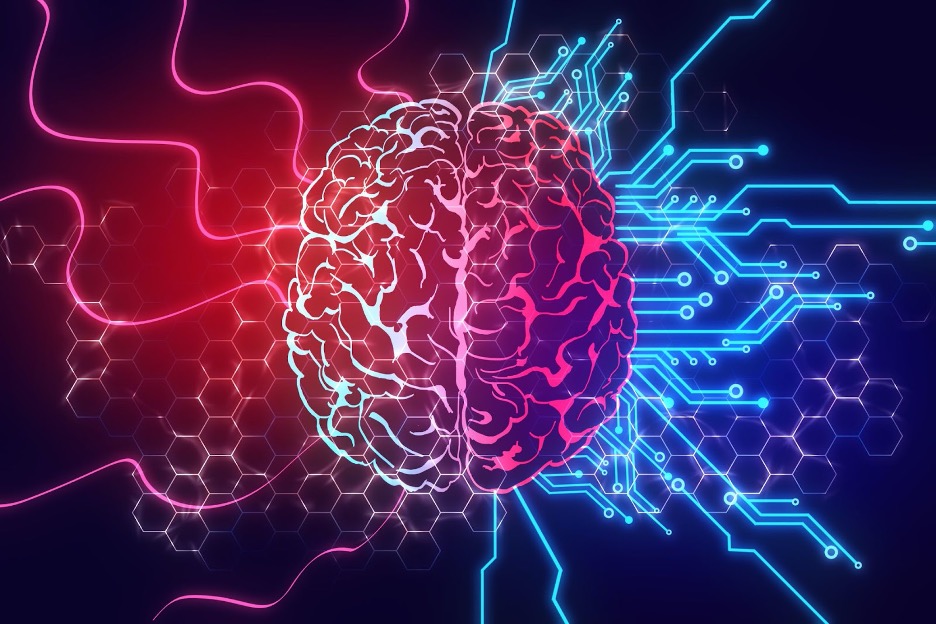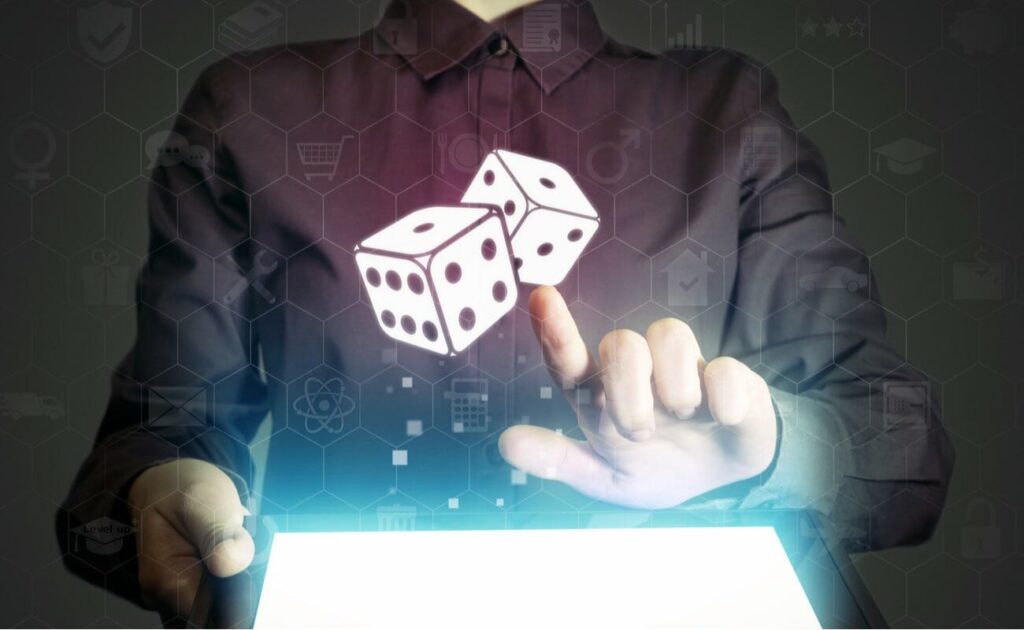Machine learning is an incredibly powerful tool that is quickly becoming a staple in the world of business. It has already revolutionized a variety of industries, and it’s likely to do the same in the gambling industry in the near future.
In this blog post, we will explore the connection between machine learning and the gambling industry and explain why it’s such a valuable tool. We will also give you some tips on how to best use it to your advantage.
What is Machine Learning?

Machine learning is a process that allows computers to learn on their own. This means that they can improve the way they perform tasks by adapting to feedback over time.
One area where machine learning is particularly useful is in the gambling industry. Many casinos and gaming companies use machine learning algorithms to make predictions about how people will bet and what kind of outcomes they are likely to see. This information is then used to create betting recommendations for customers.
The accuracy of these predictions is crucial for both the casino operators and the customers themselves. If the predictions are inaccurate, it can lead to losses for both groups. However, if the predictions are correct, this can result in more money being made for everyone involved, you can visit here to find more information about this topic.
How Machine Learning Works in the Gambling Industry

Machine learning is a branch of AI that allows computers to learn from data and make predictions about future events. It has been used in many different industries, including the gambling industry.
One of the ways machine learning is used in the gambling industry is to predict how likely customers are to gamble again. This is done by collecting data on customers’ past behavior, including how much they have gambled and what types of games they have played. This information is then used to train a machine-learning algorithm. The algorithm is then put into use to predict how likely a customer is to gamble again in the future.
In machine learning, a large set of training data is fed into a computer system. This data consists of examples (events) that the system has been taught how to identify and categorize. The computer then uses its own processing power to analyze this data and try to find patterns. Once it has identified these patterns, it can use this information to make predictions about future events.
This process is repeated over and over again until the computer system has become very good at identifying patterns in the training data. From here, it can be used to improve the accuracy and efficiency of various processes within the gambling industry.
This technology has been successful in predicting future behaviors because it takes into account all of a customer’s past behavior. This means that it can be used to target customers who are most likely to gamble again, which reduces the risk of losing money.
Pros and Cons

Pros
What is machine learning? Simply put, it’s a process that allows computers to learn from data. In the gambling industry, this can be used to improve the accuracy of predictions made about future events, such as who will win a given bet.
There are many advantages of using machine learning in the gambling industry. For one, it can help casinos avoid making costly mistakes. This is because machine learning algorithms are designed to improve over time by incorporating more data and learning from it. As a result, they become increasingly accurate at predicting future events.
In addition, machine learning can speed up the process of decision-making. This is particularly important in the gambling industry where decisions must be made quickly in order to keep customers happy and make profits. By using machine learning algorithms, casinos can dramatically reduce the time needed for complex decision-making processes, leading to improved efficiency and better outcomes for all involved.
Finally, machine learning has the potential to change how gambling is conducted altogether. For example, it could be used to identify new opportunities and develop new betting strategies that would previously have been impossible or too expensive to implement. As this technology becomes more advanced, we may see even more significant changes in how we gamble – making it an exciting prospect for both players and casino operators alike!
Cons

Machines are being used more and more in the gambling industry as a way to predict future outcomes. However, there are several disadvantages to using machine learning in this setting. One disadvantage is that the algorithms can be biased and can give inaccurate predictions.
Additionally, algorithms are not always able to identify subtle patterns that humans can see. This can lead to incorrect gambling decisions. Another disadvantage of machine learning is that it is not always able to handle large data sets effectively.
This can lead to problems with accuracy and speed. Finally, machine learning algorithms do not always have the ability to take into account human factors when making gambling decisions. This can lead to errors in judgment and poor decision-making.
Overall, there are several disadvantages to using machine learning in the gambling industry. However, these drawbacks are likely to be outweighed by the advantages of improved accuracy and speed, as well as the potential to change how gambling is conducted altogether.
Conclusion

With the ever-growing popularity of machine learning and artificial intelligence, it is not surprising that gambling has become a $50 billion industry. While there are ethical implications to this growing trend, the connection between machine learning and the gambling industry is key to understanding.
It can help casinos improve their odds by predicting future outcomes, which makes them more profitable. In fact, casino operators now use algorithms that mimic human decision-making processes in order to make better betting choices. This raises serious questions about our reliance on AI for such important decisions as who to trust with our money – should we be trusting machines with something so personal?





